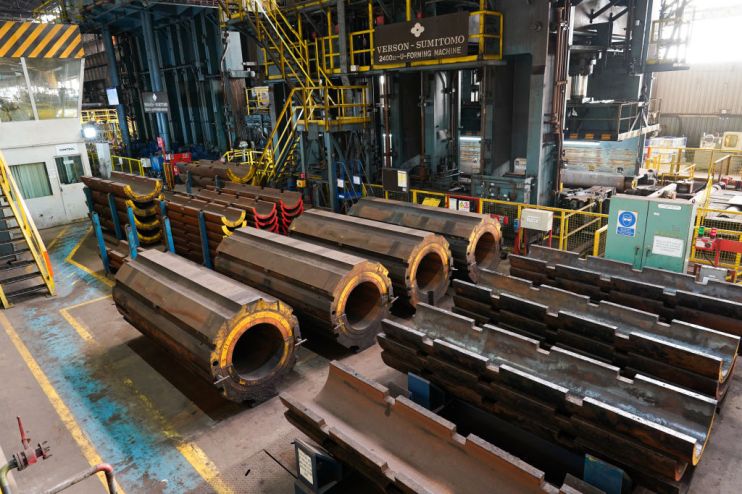Steel tycoon Gupta raised cash through circular selling

Embattled tycoon Sanjeev Gupta is facing fresh questions over his Liberty Steel empire following reports the company raised cash from Greensill Capital by selling steel that it then planned to buy back itself.
Liberty Steel Newport in south Wales used a circular trading scheme where it sold steel to a company with close links to Gupta, which another firm linked to the tycoon was then to buy back, according to documents seen by the Sunday Times.
The sale, priced at £2.5m, allowed Liberty to borrow from Greensill via invoice discounting. The company was then free to sell the same steel again to a different customer and raise more cash from Greensill from the second sale.
The transactions raise questions over Gupta’s methods for financing GFG Alliance, which grew to a $20bn (£14.5bn) empire employing 35,000 people in just five years.
The tycoon is now scrambling to raise money for the group after Greensill, its main financier, went bust last month. Liberty Steel, a subsidiary of GFG Alliance, owns 12 metalworks in the UK, employing around 5,000 people.
The documents show that Liberty Steel Newport sold £2.5m of coils and tubes to VS International (VSI), a metals trading business with links to GFG.
Liberty was then able to raise cash from Greensill, which provided finance against the invoice from VSI. Greensill normally lent Liberty 80 per cent of an invoice’s value, according to the report, suggesting it handed around £2m to Liberty.
VSI would then sell the steel to Gupta’s CS Management Services, which in turn would sell it back to Liberty Steel Newport. The same steel would then be sold for a second time to a third party, with Greensill again providing finance against the invoice.
The circular deals allowed Liberty to raise millions of pounds in cash from Greensill from a single shipment of steel. It is not clear whether the steel was even physically delivered to VSI.
It is also not clear whether the transactions met the terms of Liberty’s financing deal with Greensill. The company declined to comment.
In a statement GFG said: “We refute any suggestion of wrongdoing. We abided by all the normal rules that apply to inventory-based financing and in full knowledge of all parties involved.
“While GFG companies have done business with people known to the founder, the company has long-term customer relationships with major infrastructure, industrial, aerospace and automotive customers — as you would expect from one of the world’s largest steel producers and the operator of Europe’s largest aluminium smelter.”
While the circular deals are not illegal, it is not clear why the transactions were necessary.
Gupta is in the process of trying to secure alternative funding for his company after the demise of Greensill, but is racing against its various creditors, including Credit Suisse.
The UK’s aerospace industry this week urged the government to intervene to protect steel production at Gupta’s empire, warning that the sector faced a shortage of steel for plane parts if the plants were to fail.
Ministers have already rejected a £170m bailout bid by the tycoon’s firm, arguing there was no guarantee the money would stay in the UK.